The photo of the week series is a weekly series featuring photos taken by our academics and students for our Research Photography Competition, which provides a snapshot of some of the incredible research undertaken across the BU community.

This week’s photo of the week, ‘A quiet moment at my local, but I can’t relax. How am I going to find the dream placement?’ is by Vianna Renaud, a placement development advisor and postgraduate researcher from the faculty of media and communications.
Each year second year university students prepare for their sandwich placement search. Whilst a variety of both academic and support staff promote employability activities to help students gain a better idea of what is out there, student engagement can be quite low. Given the success of peer assisted learning initiatives across the HE sector, I am researching the potential impact of an employability coaching and mentoring programme on both first year and final year students.
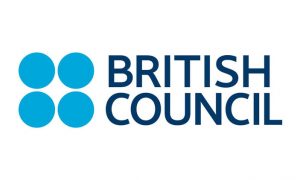
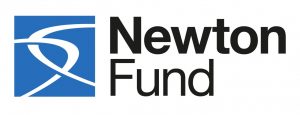
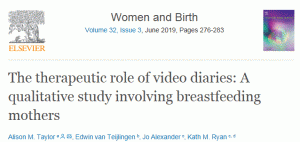
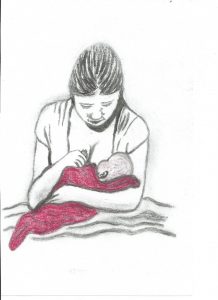
 Today sees the launch of Research England’s
Today sees the launch of Research England’s 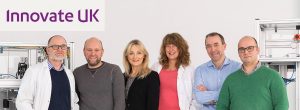 Today sees the launch of Innovate UK’s
Today sees the launch of Innovate UK’s  Today sees the launch of the Science and Technology Facility Council’s
Today sees the launch of the Science and Technology Facility Council’s  Today sees the launch of Biotechnology and Biological Sciences Research Council’s
Today sees the launch of Biotechnology and Biological Sciences Research Council’s  Today sees the launch of the Medical Research Council’s
Today sees the launch of the Medical Research Council’s  Today sees the launch of Natural and Environmental Research Council’s
Today sees the launch of Natural and Environmental Research Council’s  Today sees the launch of Economic and Social Research Council’s
Today sees the launch of Economic and Social Research Council’s  Today sees the launch of Engineering and Physical Sciences Research Council’s new
Today sees the launch of Engineering and Physical Sciences Research Council’s new  Today sees the launch of UK Research and Innovation’s new
Today sees the launch of UK Research and Innovation’s new  Today sees the launch of AHRC’s new
Today sees the launch of AHRC’s new 



















 April’s Café Scientifique – Should we help machines understand and respond to our emotions?
April’s Café Scientifique – Should we help machines understand and respond to our emotions? Postgraduate Research Experience Survey (PRES) 2024 – 2 WEEKS LEFT
Postgraduate Research Experience Survey (PRES) 2024 – 2 WEEKS LEFT Working with The Conversation: online training session – Wednesday 8th May
Working with The Conversation: online training session – Wednesday 8th May Apply for up to £1,000 to deliver an event and take part in a national festival of public engagement with research
Apply for up to £1,000 to deliver an event and take part in a national festival of public engagement with research MSCA Postdoctoral Fellowships 2024
MSCA Postdoctoral Fellowships 2024 Horizon Europe News – December 2023
Horizon Europe News – December 2023